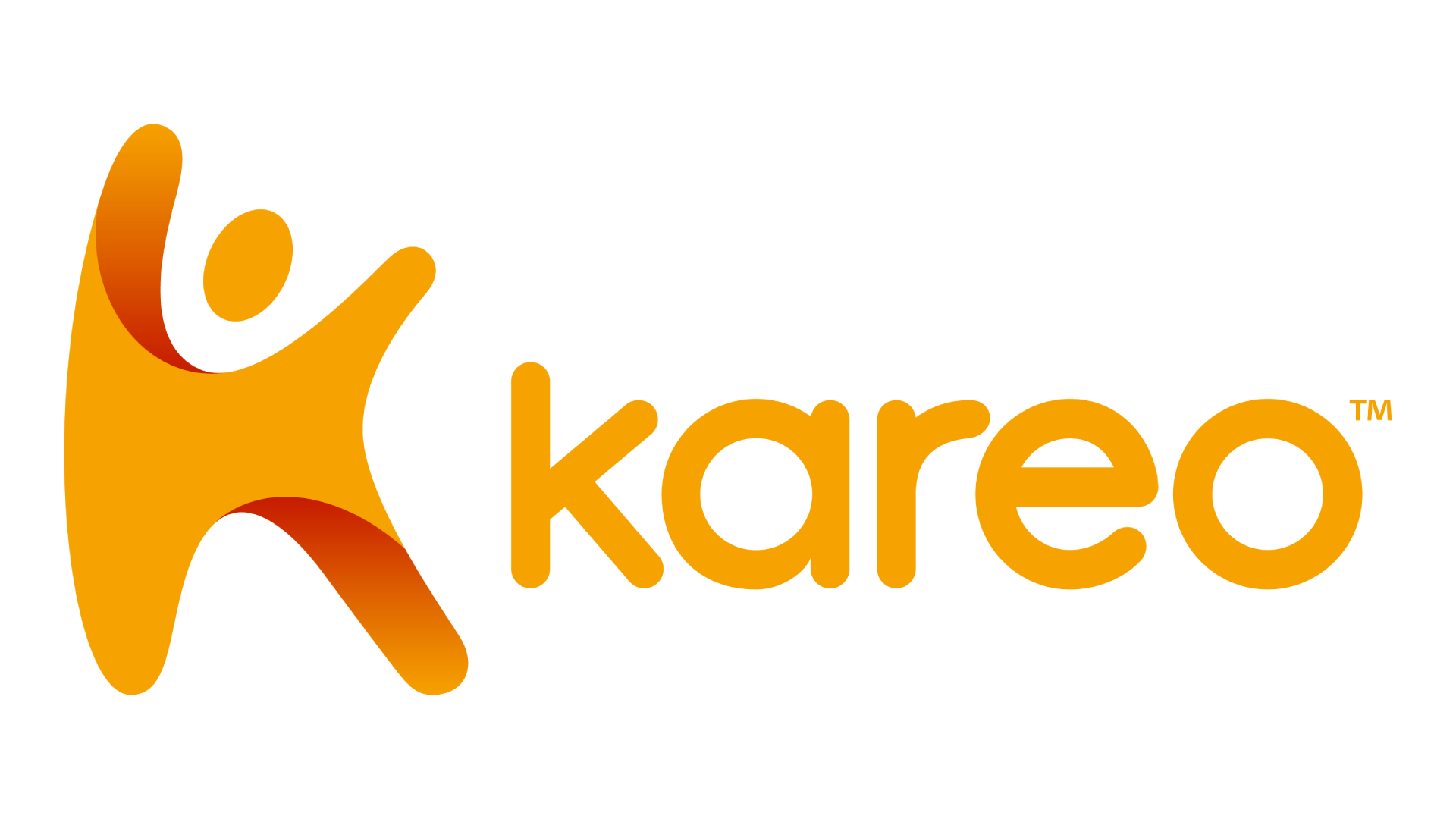Non-medical staff are the first point of contact for patients at a medical practice, and they are integral to creating and maintaining a positive image of your practice in the minds of your patients. They are also the core of your practice’s daily processes. As such, for your practice to run smoothly and develop a great brand image, your staff must be properly trained in all aspects of their duties.
Here are some important areas of focus for medical practice staff training:
Billing and Insurance Claims
Billing: All staff in charge of billing should be educated on the correct medical codes for the particular services your practice offers. They should also be updated on coding changes to avoid upcoding and undercoding.
Insurance claims: “Your staff should be educated on which insurance companies are prominent in the community that you serve and what those particular insurance companies require for insurance reimbursement,” explains Jumie Duduyemi, mental health provider and private practice owner of Better Life Counselling. This ensures that your practice gets claims approved faster and the incidence of denied or rejected claims is brought to a bare minimum.
Handling Phone Calls
“In terms of phone etiquette, making sure your staff knows to return phone calls as soon as possible. Typically your practice voicemail should have information on when a patient can expect to have his/her call returned—it could be within 24 hours or 48 hours or so. Staff tasked with handling phone calls should be trained to have that time frame as a goal that they always work towards,” Duduyemi says. ”Good phone etiquette tells patients whether or not your practice is professional and cares about their needs. By calling them back in the time frame that is expected, you show that your practice is professional and that they’ll have similar experiences when they come to your practice for medical treatment and services.”
Expert Usage of Technology
Your medical practice has likely adopted an EHR technology solution, as well as software to handle things like billing, workflow and patient engagement—ideally all in one integrated platform. Most times, the staff needs to be taught directly how to use and manage these solutions skilfully.
“Dedicate a resource to become the subject matter expert in your office,” says Cory Benton, Director of Customer Success at Kareo. “It could be you as the owner, your practice manager or maybe a tech-savvy front desk staff member.” This staff ‘resource’ can then serve as the go-to for other staff as your practice is being trained to use the technology.
“Secondly, it is best to set out a schedule to regulate how often and how much training you want your staff to undergo,” says Benton. “I would say in the initial transition to a new software platform, staff members probably need about two weeks of daily training to fully comprehend the software. The schedule, whether it be consecutive days for two weeks or broken up over a month’s time, should be regulated and flexible enough to allow that person to do their daily work functions. Be cautious of allowing people to progress at their own speed because daily work tasks can quickly jump ahead of training.”
Body Language
“You should make sure that your staff members cultivate open body language. Arms shouldn’t be crossed or folded; eye contact should be made with patients,” Duduyemi advises. “Staff should also turn towards patients and lean forward to listen, as all of those things communicate an openness, interest and a willingness to hear what the patient has to say.” To train, you can have staff practice their body language and mannerisms with each other until they have it down. Appearance is also a key part of body language. Your staff should be educated on what qualifies as professional clothing and grooming, and a great way to do that is by using your own daily attire as an exemplary model for what’s appropriate.
Fiscal Benefits of Training Your Healthcare Practice Staff
Patient retention and satisfaction: Patients will trust and be loyal to a practice whose processes are efficient and communicate that they (the patients) are valued. This is because efficiency and great patient relationships directly translate to reduced wait times, ease of scheduling and rescheduling, simplified payment experiences and general satisfaction.
Expansion of patient-base: Satisfied patients are more likely to refer your practice to their friends and family, thereby garnering more patients, and as a result, increased revenue for your practice.
Elimination of government penalties and fines: When your medical staff is properly trained on billing procedures, they are less likely to accidentally upcode—an illegal practice punishable with legal and financial penalties. Also, if your practice is participating in MIPS, your well-trained staff will handle your reporting in compliance with CMS requirements, ensuring that your earnings don’t get subjected to the negative payment adjustment. These are only a few examples of situations where adequate training of staff will protect your practice from penalties, fines and punishments—fiscal or otherwise.
Training Should Never End
Training is continuous—especially when it comes to the technology you use to run your practice. A trustworthy healthcare technology partner will always be updating and improving the tool to better serve your needs. So, even for staff who already have a handle on the technology, constant teaching and refreshers are an absolute necessity.
“I strongly encourage all practices to engage in re-training regularly,” says Benton. “You want to be able to keep up with industry changes, product enhancements or anything that affects your daily workflow.” For other aspects like billing and filing insurance claims, periodic training is just as important. Healthcare policies and regulations are ever-changing and your staff must keep up with these changes, as they happen to protect your practice from penalties and ensure its continued profitability.
ABOUT KAREO
We believe in independent practices
We’ve chosen to focus on independent practices because we believe in what you do. We share the vision that independent practices are the best place for building relationships with patients and providing the most meaningful care. In fact, we believe that this is why people become health care providers in the first place.
FEATURED ARTICLES
5 Tips to Help Speech, Occupational and Physical Therapists Get Paid
5 Tips to Help Speech, Occupational and Physical Therapists Get Paid By Lisa Eramo Ensuring accurate
7 Tips to Help Mental Health Providers Get Paid
7 Tips to Help Mental Health Providers Get Paid Most mental health providers go into private practice because
How Data Analytics Can Improve the Financial Performance of Your Billing Clients
How Data Analytics Can Improve the Financial Performance of Your Billing Clients The healthcare industry is rapidly
7 Signs It’s Time to Upgrade Your Healthcare Website
7 signs it’s time to upgrade your healthcare website. An outdated, non-optimized healthcare website is doing your
Castor Oil to Elixir: The Evolving Role of Marketing
Castor Oil to Elixir: The Evolving Role of Marketing G. Kelly O'Dea Odds are that when today’s
The Influence of Technology on Tomorrow
Superior Patient Care, Predictive/Preventative Protocols, Stronger Referrals, and 5-Star Physician Rating. In Medical School, MBA Programs or







